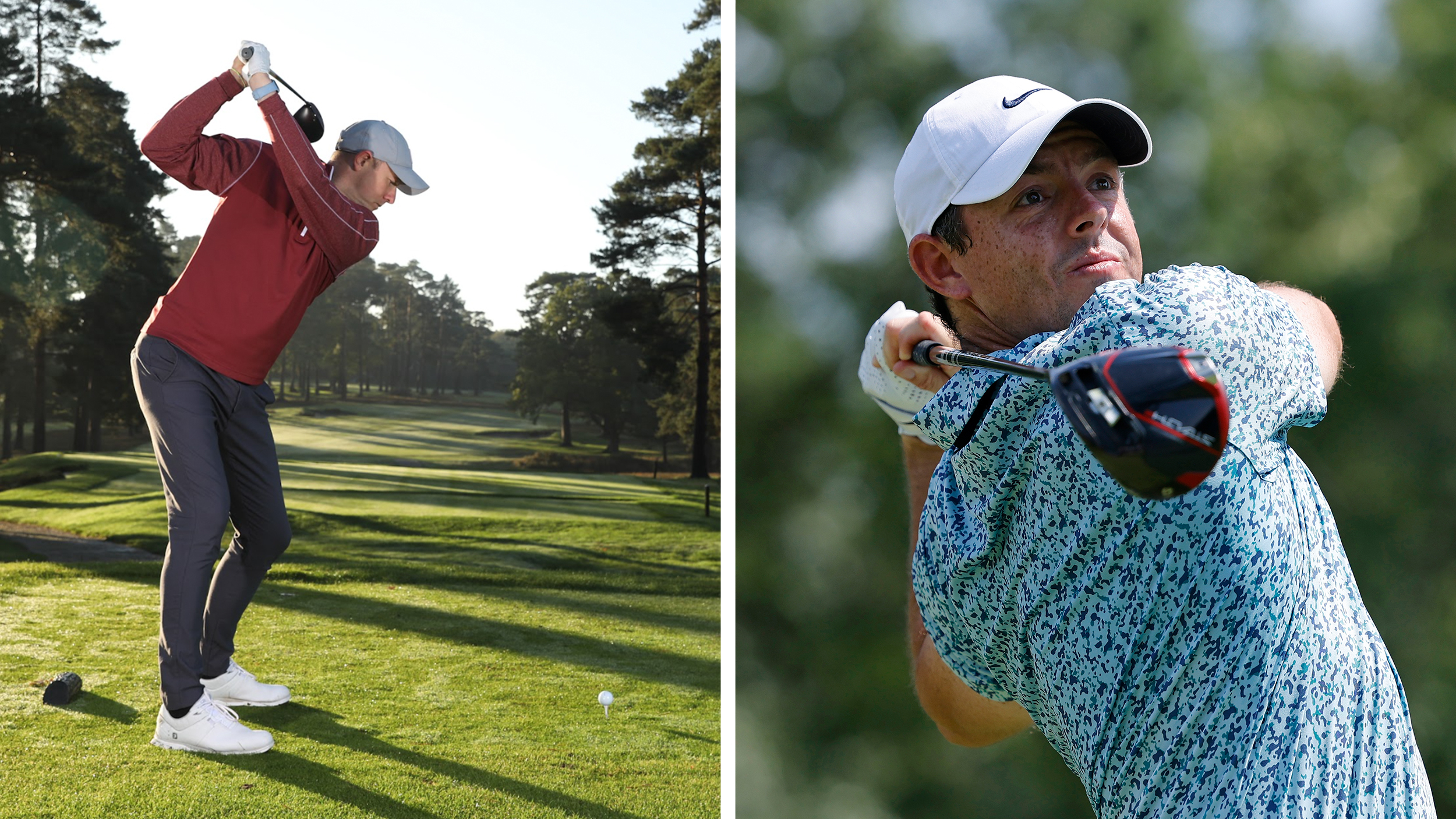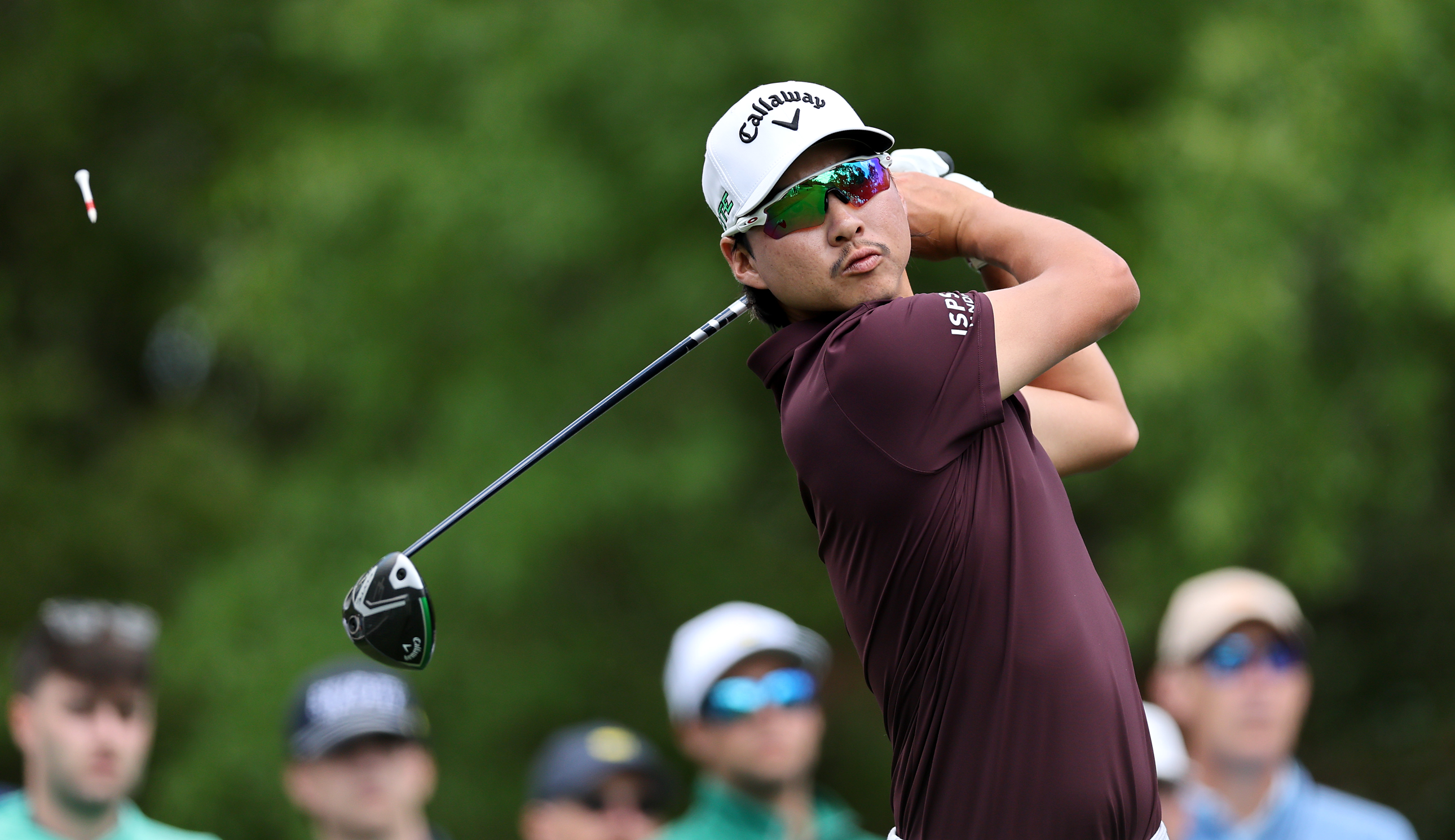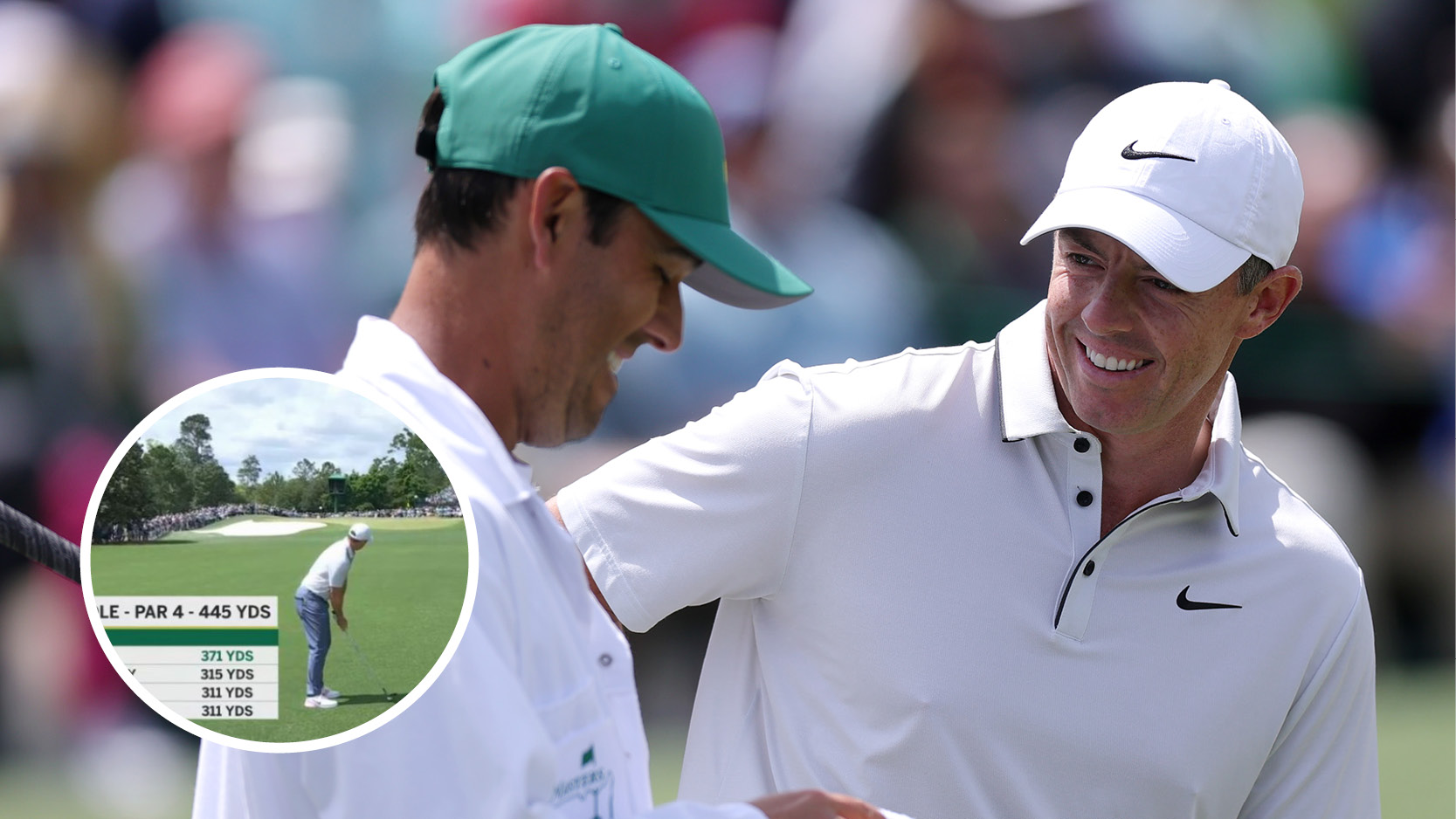Golf Ball Rollback: The Arguments For And Against
The R&A and USGA have announced changes to golf ball testing criteria, which will lead to a reduction in hitting distances in the amateur and professional games from 2028


On December 6, The R&A and The USGA announced plans to roll back the golf ball in both the professional and amateur games.
However, the nature of the announcement came as a surprise. Back in March, the game’s governing bodies suggested a Model Local Rule would be introduced at the professional and elite amateur level. That hasn’t happened and the ball rollback will now affect all golfers.
Last month, Martin Slumbers told Golf Monthly that "doing nothing is not an option."
So, what are the pros and cons? What are the arguments for and against?
Golf Ball Rollback: The Pros
As far as I see it, there are two main pros, which relate to the professional game and golf courses. In the pro ranks, it’ll be fascinating to see how players adapt to a different strategic challenge. One of the criticisms levelled at top-tier golf is its identikit nature, in terms of both course types and playing styles. With the rollback, some might think twice about their ‘bomb and gouge’ methodology and spend more time working on shot shaping and course management.
Plus, less distance across the board could lead to some interesting strategic choices and insightful conversations with caddies. On holes like the 13th at Augusta or the 11th at Sawgrass, players might think twice about going for the green in two. The rollback will change the risk-reward equation and that should hopefully lead to more drama and an enhanced viewing experience.
With regard to courses, the rollback is good news from a lengthening and sustainability standpoint. We simply can’t continue to lengthen golf courses in response to increased hitting distances. No one wants to see 8,000-yard golf courses and clubs don’t have endless land – and resources to maintain said land – to play with. Some classic courses are already obsolete when it comes to staging tour events and we risk losing more to the same category if we don’t act now.
Get the Golf Monthly Newsletter
Subscribe to the Golf Monthly newsletter to stay up to date with all the latest tour news, equipment news, reviews, head-to-heads and buyer’s guides from our team of experienced experts.
Another point to consider here would be whether a small sacrifice in the grand scheme of things is acceptable to stave off a legitimate threat to the essence of the game. Some would argue it is. Plus, in 20 years, will anyone be talking about it?
Golf Ball Rollback: The Cons
The obvious first point to make here is that any reduction in distance – regardless of how minimal – is making an already difficult sport more challenging. Was there really a need to touch the amateur game? The new rules will come into effect in 2028 for professionals and 2030 for amateurs, meaning a two-year period of bifurcation anyway. The governing bodies say there will be a “minimal distance impact… five yards or less” for average male and female amateurs, but that’s still a decrease, not an increase. Some will feel it’s solving a problem that doesn’t exist in the amateur realm.
And what about cost to the average amateur? This will almost certainly increase. More R&D research and resource means more cost, which, as we all found out during the cost of living crisis, inevitably ends up being passed on to the consumer. It stands to reason that ‘new’ golf balls will be more expensive.
Long hitters in the pro game will also be impacted, through no fault of their own. They’ve identified distance as an area to gain a potential advantage and built their training and practice regimes around it. It’s estimated the longest hitters in the men’s professional game will lose as much as 13-15 yards, while average hitters stand to lose 9-11 yards. In the female professional game, those with average swing speeds are likely to lose 5-7 yards.
What’s more, if we’re effectively bifurcating between 2028 and 2030 anyway, the previously unthinkable has happened. Why then revert in 2030 after the horse has already left the stable? It seems strange that January 2028 is the mark for the professional game, but recreational golfers can continue using balls approved for play in 2027 until 2030.
You also have to anticipate issues with adherence to rules. How are things going to be policed? Even if the new balls have to be marked in a special way, if everyone in a certain four-ball decides they’re not bothered about conforming, how do we stop that? Could we see a wide-scale revolt on our hands in the amateur game? It’s unlikely, but worth thinking about.
Other potential ramifications will no doubt come to light once we hear more from the golf industry as a whole, but there's no doubt the golf ball rollback is a seismic change for the game.

Nick Bonfield joined Golf Monthly in 2012 after graduating from Exeter University and earning an NCTJ-accredited journalism diploma from News Associates in Wimbledon. He is responsible for managing production of the magazine, sub-editing, writing, commissioning and coordinating all features across print and online. Most of his online work is opinion-based and typically centres around the Majors and significant events in the global golfing calendar. Nick has been an avid golf fan since the age of ten and became obsessed with the professional game after watching Mike Weir and Shaun Micheel win The Masters and PGA Championship respectively in 2003. In his time with Golf Monthly, he's interviewed the likes of Rory McIlroy, Justin Rose, Jose Maria Olazabal, Henrik Stenson, Padraig Harrington, Lee Westwood and Billy Horschel and has ghost-written columns for Westwood, Wayne Riley, Matthew Southgate, Chris Wood and Eddie Pepperell. Nick is a 12-handicap golfer and his favourite courses include Old Head, Sunningdale New, Penha Longha, Valderrama and Bearwood Lakes. If you have a feature pitch for Nick, please email nick.bonfield@futurenet.com with 'Pitch' in the subject line. Nick is currently playing: Driver: TaylorMade M1 Fairway wood: TaylorMade RBZ Stage 2 Hybrid: Ping Crossover Irons (4-9): Nike Vapor Speed Wedges: Cleveland CBX Full Face, 56˚, Titleist Vokey SM4, 60˚ Putter: testing in progress! Ball: TaylorMade TP5x
-
 Min Woo Lee Receives Penalty At The Masters After Rules Infringement
Min Woo Lee Receives Penalty At The Masters After Rules InfringementThe recent PGA Tour winner was assessed a one-stroke penalty during the third round after he caused his golf ball to move in the fairway on the 13th hole
By Matt Cradock Published
-
 Rory McIlroy Fires Back-To-Back 370-Yard Monster Drives In Birdie-Eagle-Birdie Start To Lead The Masters
Rory McIlroy Fires Back-To-Back 370-Yard Monster Drives In Birdie-Eagle-Birdie Start To Lead The MastersIt's safe to say that the four-time Major winner was full of adrenaline at the start of his third round, with McIlroy pounding two drives that measured a total of 740-yards
By Matt Cradock Published